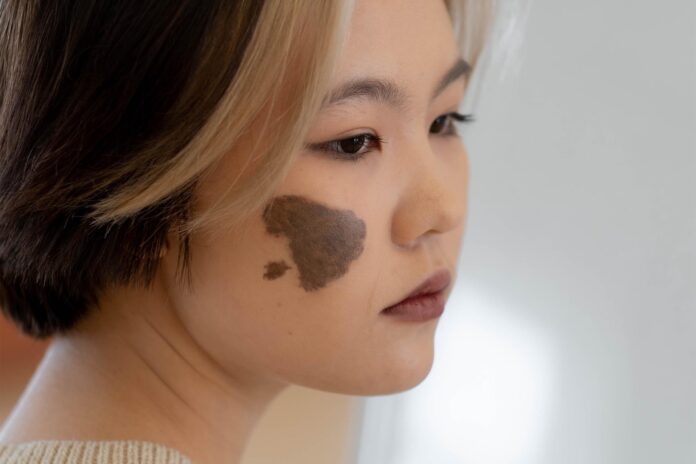A birthmark, a unique and often benign mark on the skin, can be a source of identity and individuality. However, for some individuals, birthmarks may become a point of self-consciousness, prompting them to explore options for removal. In recent years, advancements in dermatological procedures have provided a range of possibilities for those seeking clearer skin. This guide will delve into the various methods available for birthmark removal, shedding light on the considerations, risks, and benefits associated with each.
Read more about Laser Genesis Therapy
Contents
Understanding Birthmarks: A Closer Look
Before diving into the removal options, it’s essential to understand what birthmarks are. Birthmarks are skin abnormalities that are present at birth or appear shortly after. They can vary in size, shape, color, and location on the body. While some birthmarks fade over time, others may persist throughout a person’s life.
There are two main types of birthmarks: vascular and pigmented. Vascular birthmarks result from abnormal blood vessels and can appear as pink, red, or purple marks. Port-wine stains and hemangiomas are common examples of vascular birthmarks. Pigmented birthmarks, on the other hand, are caused by an overgrowth of pigment cells and can range from brown to black in color. Moles and cafe-au-lait spots fall into this category.

Birthmark Removal Options: Exploring the Possibilities
Laser Therapy
Laser therapy is a popular and effective method for removing certain types of birthmarks, particularly those that are pigmented. The laser emits intense light that targets the pigmented cells, breaking them down and allowing the body to naturally eliminate them. While multiple sessions may be required, laser therapy is generally safe and minimally invasive.
Surgical Excision
Surgical excision involves physically cutting out the birthmark from the skin. This method is often used for raised or prominent birthmarks that cannot be effectively treated with laser therapy. The procedure is performed under local anesthesia, and recovery time varies depending on the size and location of the birthmark.
Microdermabrasion
Microdermabrasion is a non-invasive procedure that exfoliates the top layer of skin, helping to reduce the appearance of pigmented birthmarks. It is a relatively gentle option, suitable for certain types of birthmarks, and may require multiple sessions for optimal results.
Cryotherapy
Cryotherapy involves freezing the birthmark using liquid nitrogen. This method is commonly used for small, raised birthmarks and works by destroying the abnormal cells. While cryotherapy is a quick procedure, multiple sessions may be needed for complete removal.
Topical Treatments
Certain topical treatments, such as prescription creams or gels, may be recommended for specific types of birthmarks. These treatments work gradually to lighten the pigmentation or reduce the size of the birthmark. However, results can vary, and patience is required.
Considerations and Risks: Making Informed Decisions
Before opting for birthmark removal, individuals should carefully consider the type of birthmark, its size, and its location. Consulting with a dermatologist or a qualified medical professional is crucial to assess the suitability of different removal options for a specific case.
While most birthmark removal procedures are generally safe, there are inherent risks associated with any medical intervention. These risks may include scarring, changes in skin pigmentation, and, in rare cases, infection. Understanding the potential risks and benefits allows individuals to make informed decisions about their treatment.
Embracing Individuality: A Personal Choice
It is essential to recognize that birthmarks, like any other feature, contribute to an individual’s uniqueness. The decision to remove a birthmark is a personal one and should be made with careful consideration of one’s feelings, rather than external pressures or societal standards.
Conclusion
The quest for clear skin through birthmark removal is a journey that involves understanding the nature of birthmarks, exploring available removal options, and weighing the risks and benefits. Whether choosing to embrace a birthmark as part of one’s identity or opting for removal, the key lies in making informed decisions that align with personal preferences and values. Ultimately, clear skin is not just about physical appearance but also about embracing one’s unique identity and the journey toward self-acceptance.



